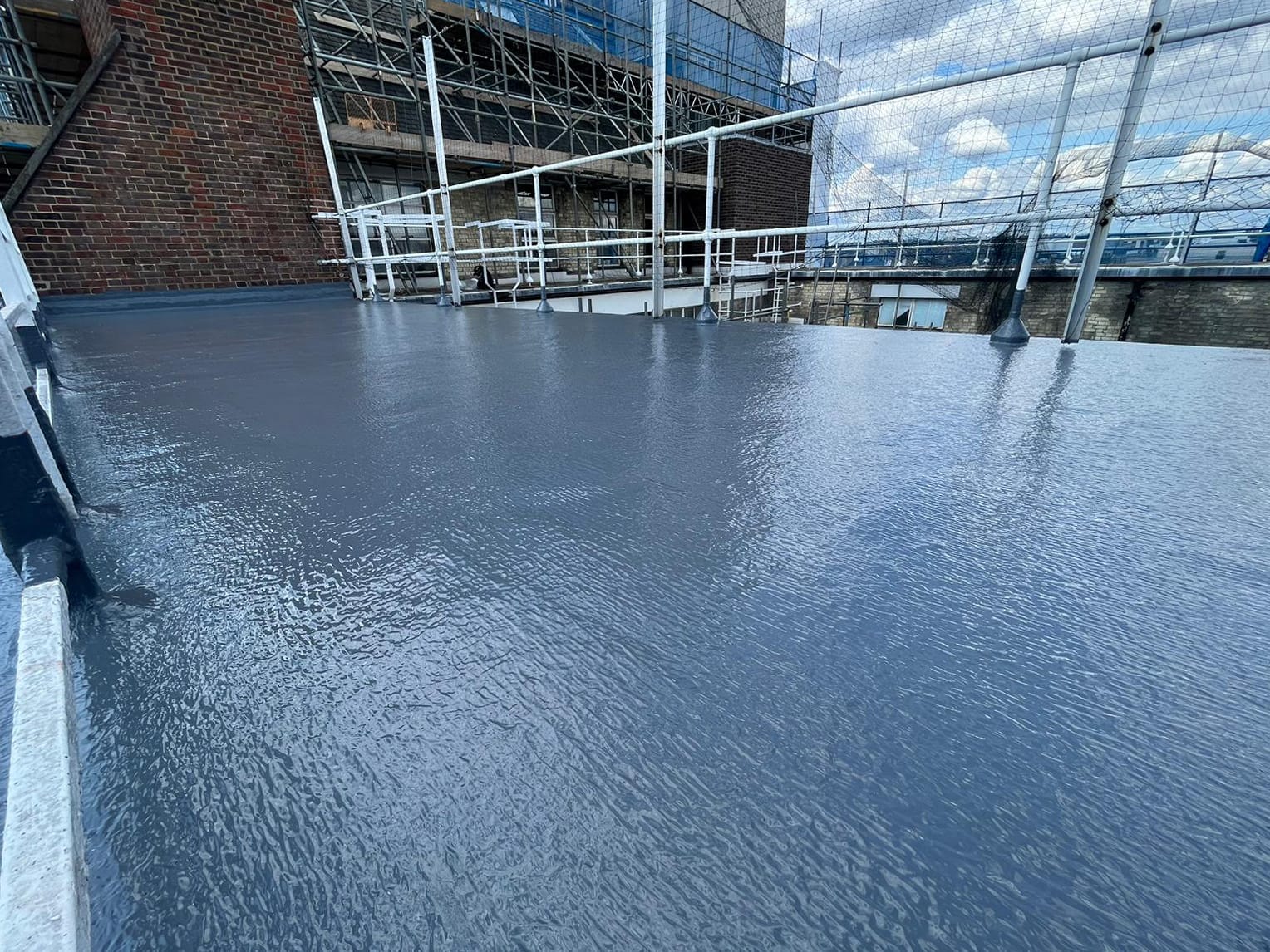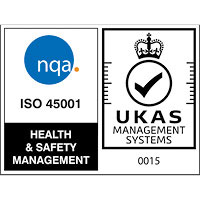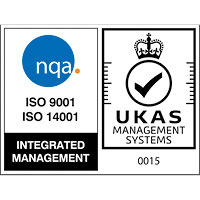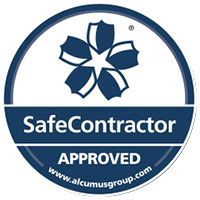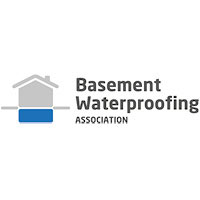Resin Flooring
Resin flooring provides a long-lasting, high performance system for the most exacting situations. Choosing the correct system to meet the specific flooring usage is an important part of the selection process.
The following systems for the different floor types, forms the basis of the British Standard BS 8204-6.
Light Duty
Suitable for light foot traffic, and occasional rubber tyred vehicles.
Medium Duty
Suitable for regular foot traffic, frequent fork lift truck traffic, and occasional hard plastic- wheeled trolleys.
Heavy Duty
Suitable for constant fork lift truck traffic, hard plastic wheeled trolleys, and some impact.
Very Heavy Duty
Suitable for severe heavily loaded traffic and impact.
In general terms these categories of flooring are listed in ascending order of durability.
| Product | Description | Usage | Typical Thickness |
| Floor Seal | Applied in two or more coats. Generally solvent or water borne. | Light Duty | up to 150 μm |
| Floor Coating | Applied in two or more coats. Generally solvent free. | Light & Medium Duty | 150 μm to 300 μm |
| High build floor coating | Applied in two or more coats. Generally solvent free. | Medium Duty | 300 μm to 1000 μm |
| Multi-layer flooring | Aggregate dressed systems based on multiple layers of floor coatings or flow applied floorings, often described as ‘sandwich’ systems. | Medium & Heavy Duty | > 2 mm |
| Flow applied flooring | Often referred to as ‘self-smoothing’ or ‘self levelling’ flooring and having a smooth surface. | Medium & Heavy Duty | 2 mm to 3 mm |
| Resin screed flooring | Trowel-finished, heavily filled systems, generally incorporating a surface seal coat to minimise porosity. | Medium & Heavy Duty | > 4 mm |
| Heavy duty flowable flooring | Having a smooth surface. | Heavy & Very Heavy Duty | 4 mm to 6 mm |
| Heavy duty resin flooring | Trowel-finished, aggregate filled systems effectively impervious throughout their thickness. | Very Heavy Duty | > 6 mm |



